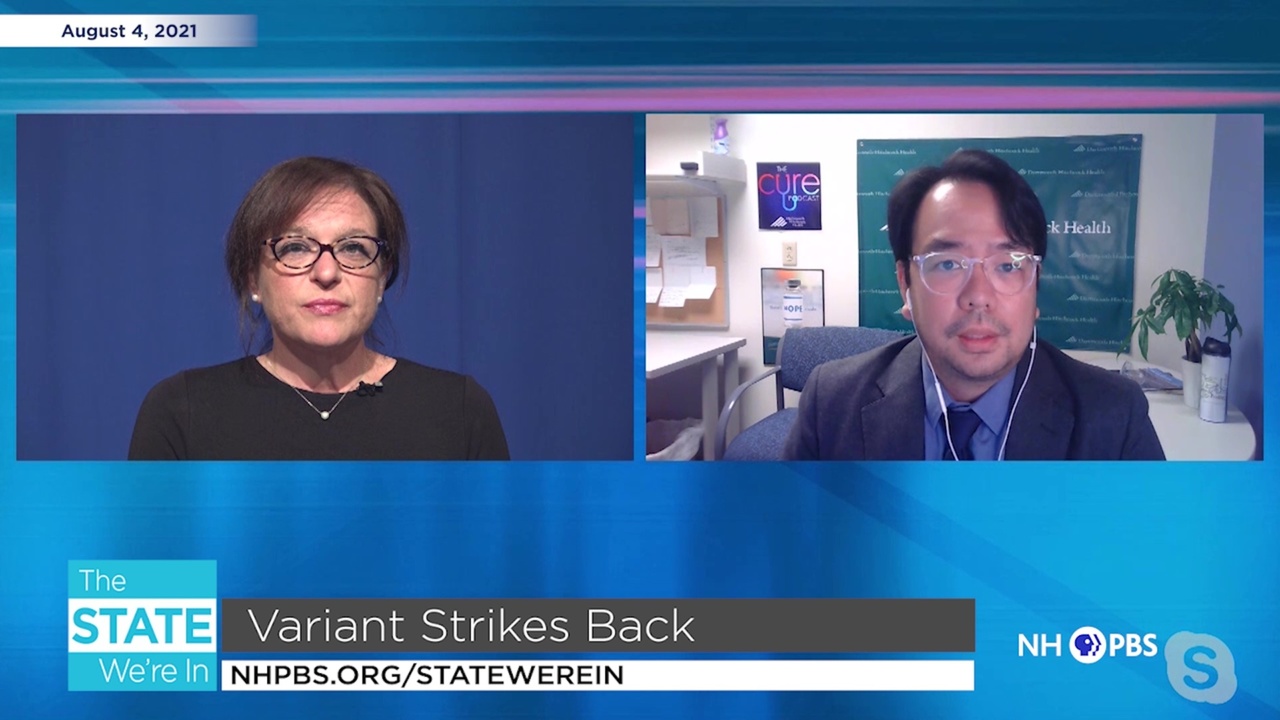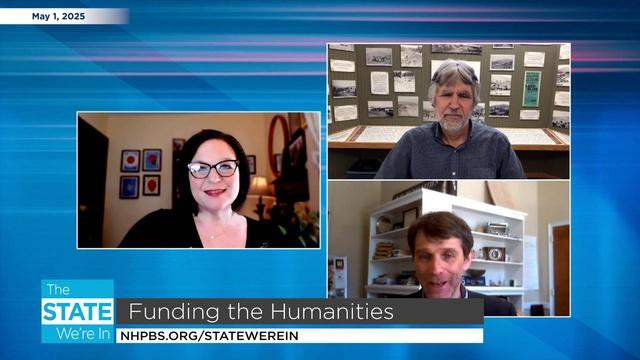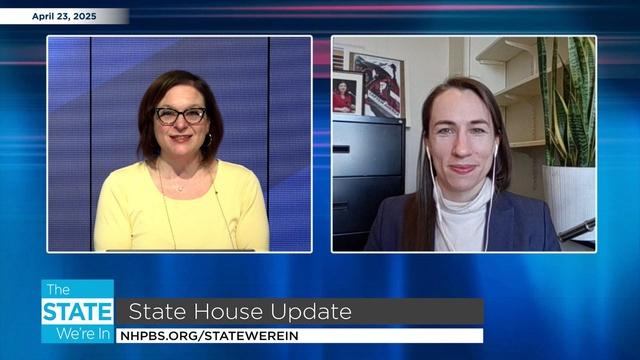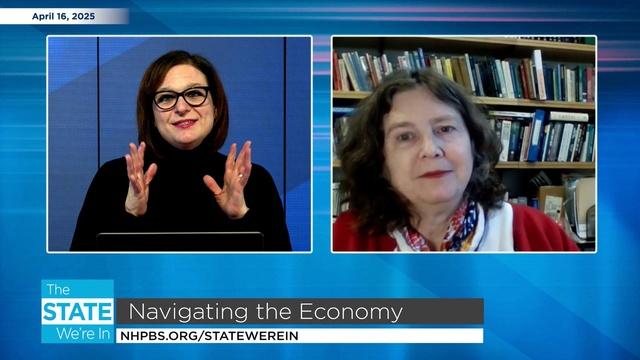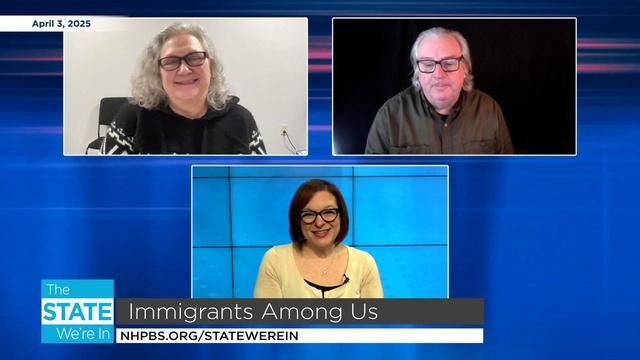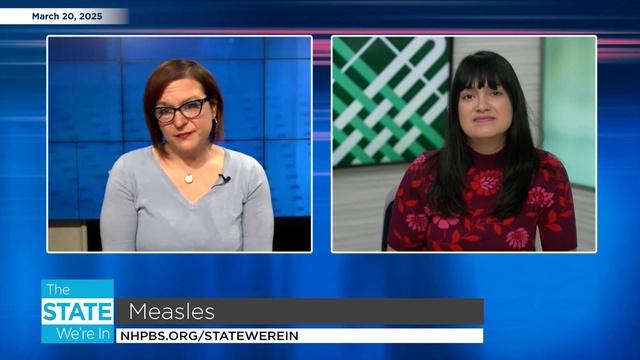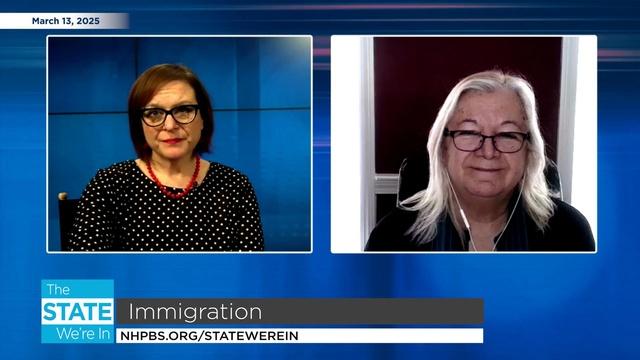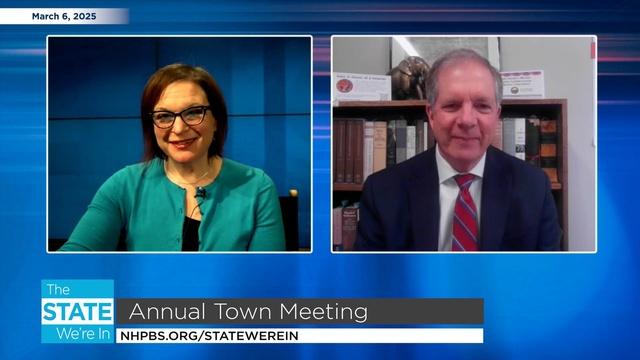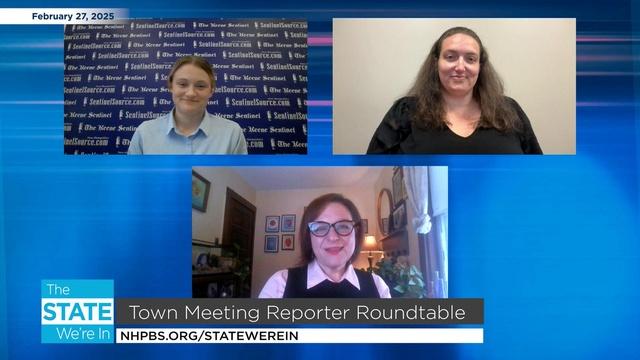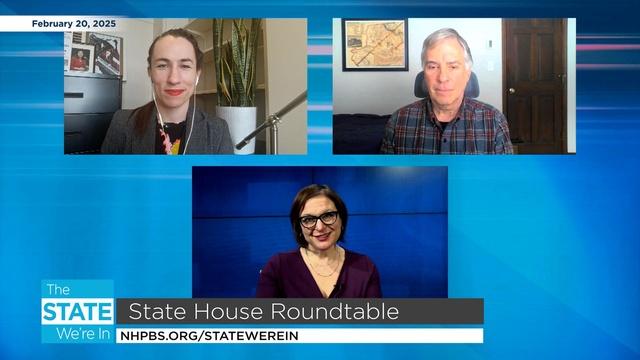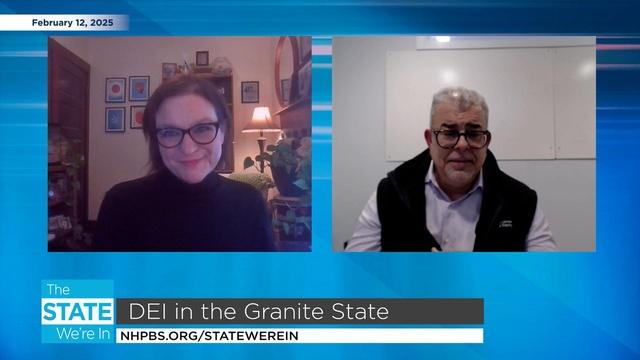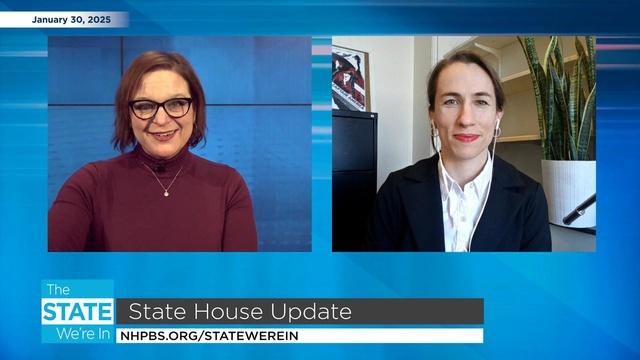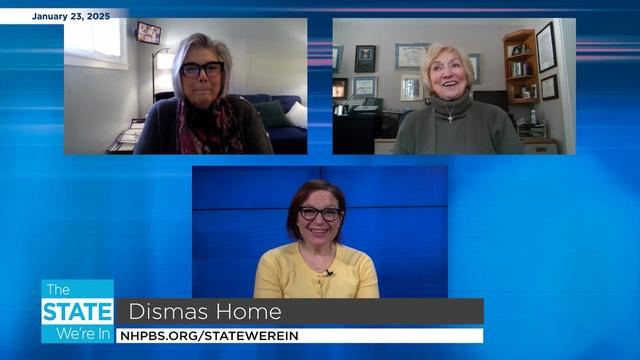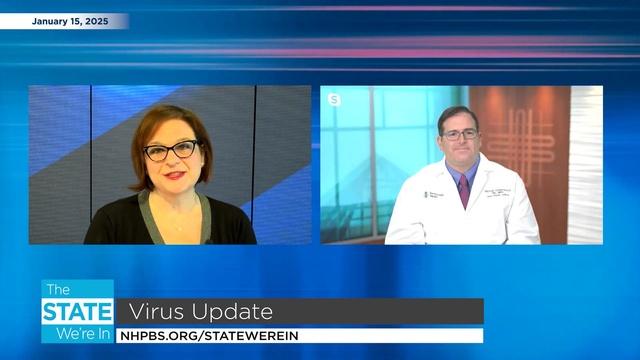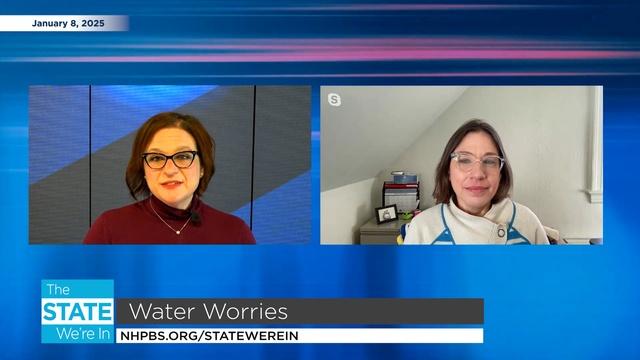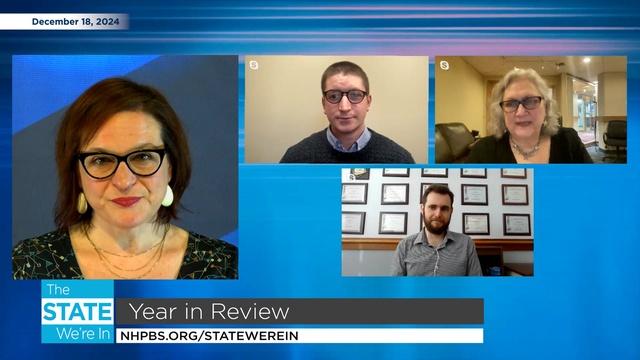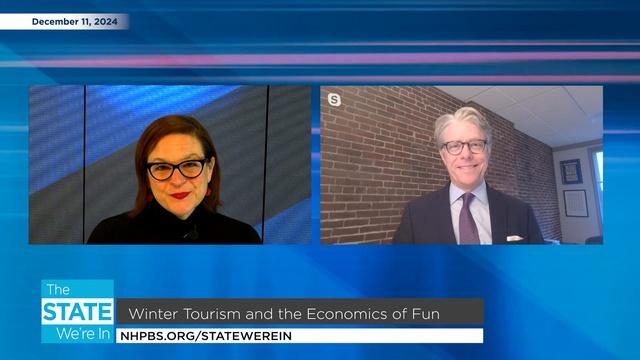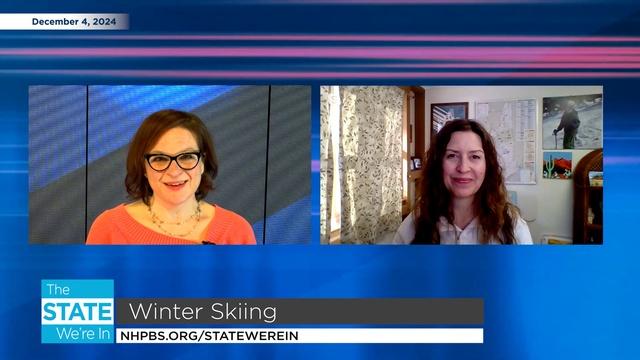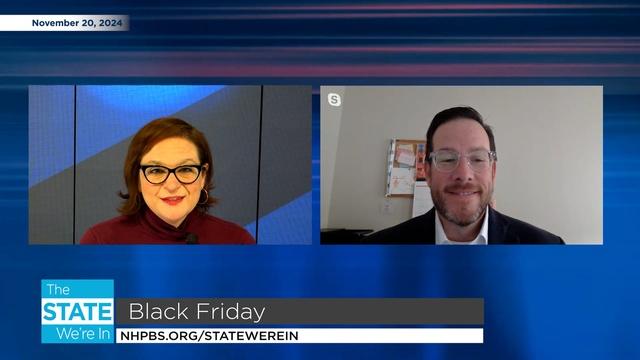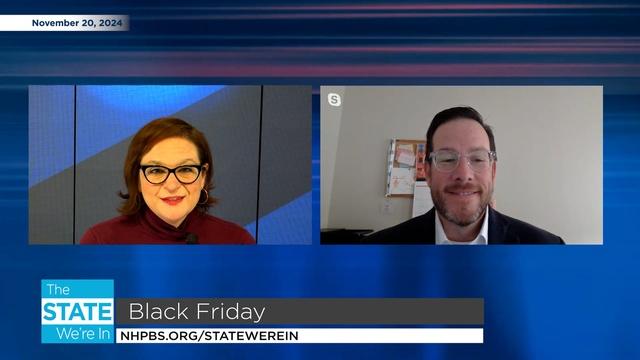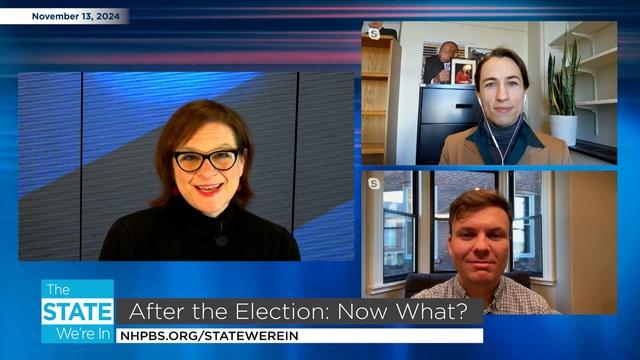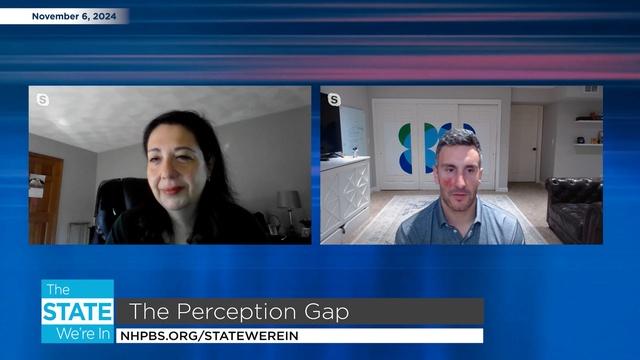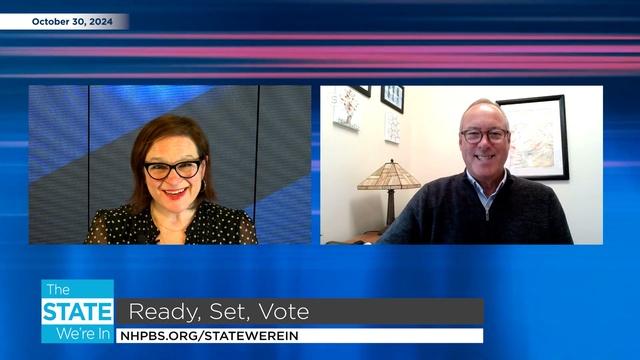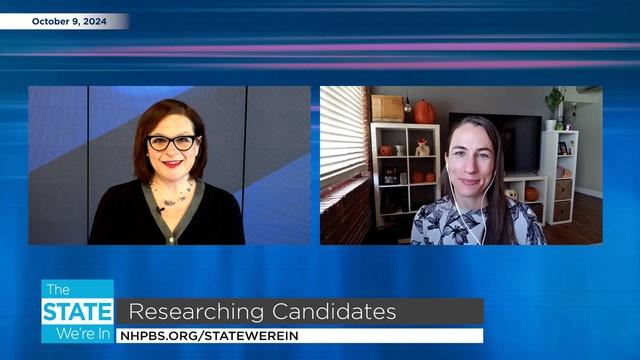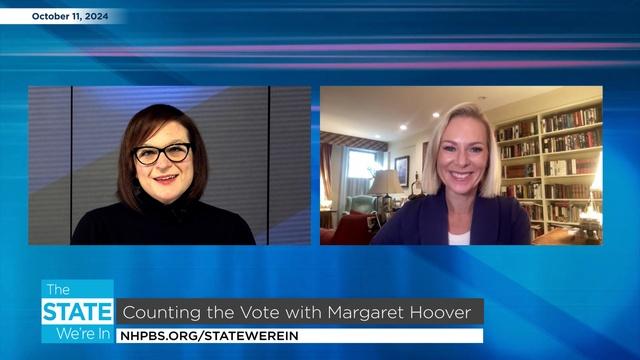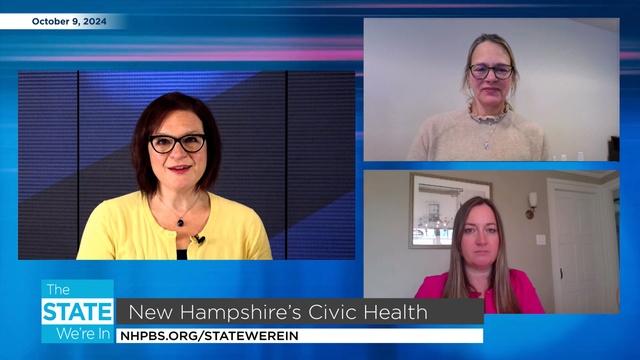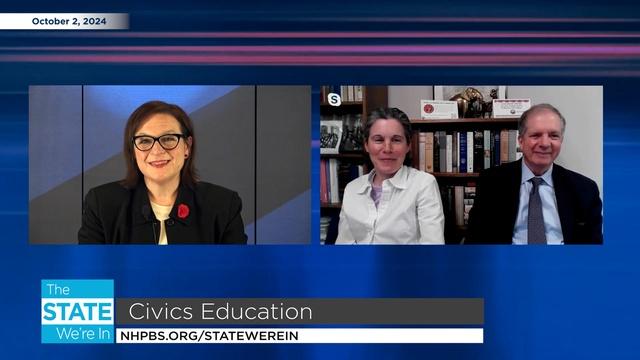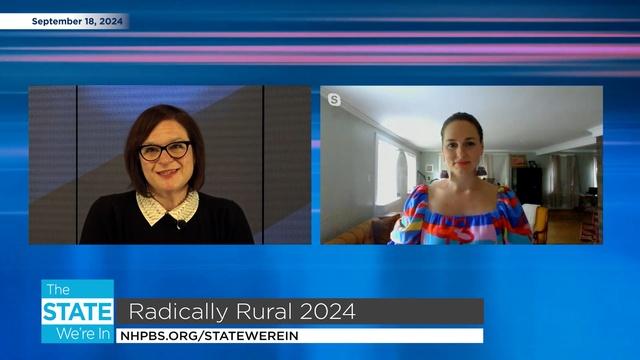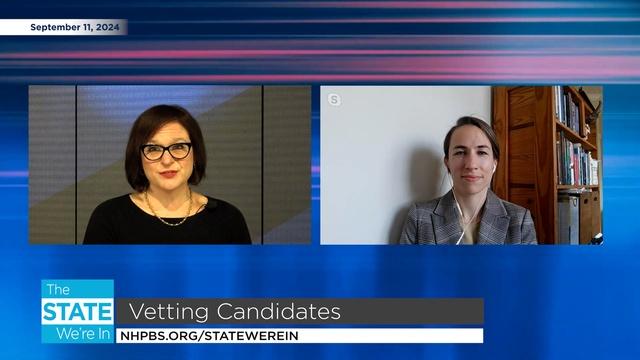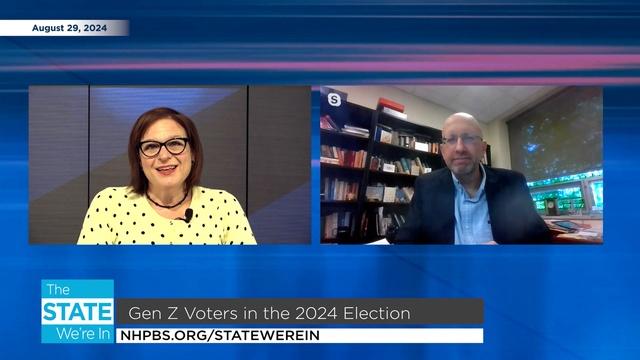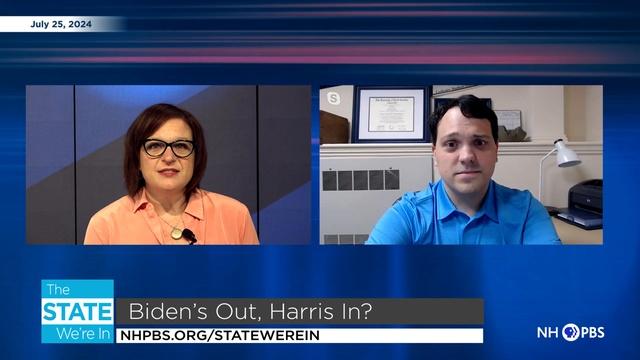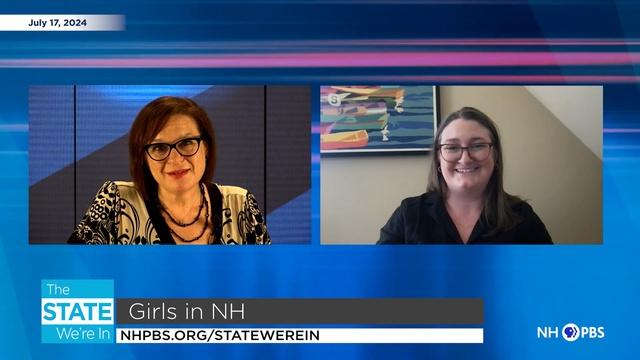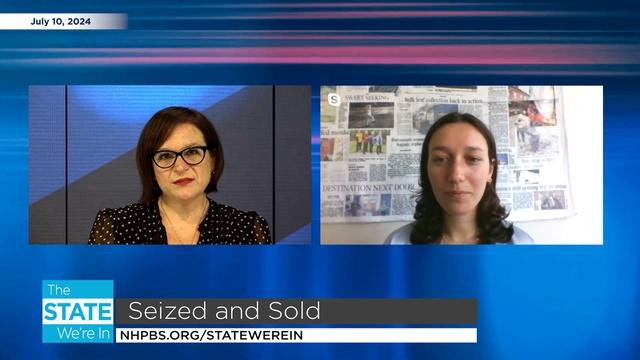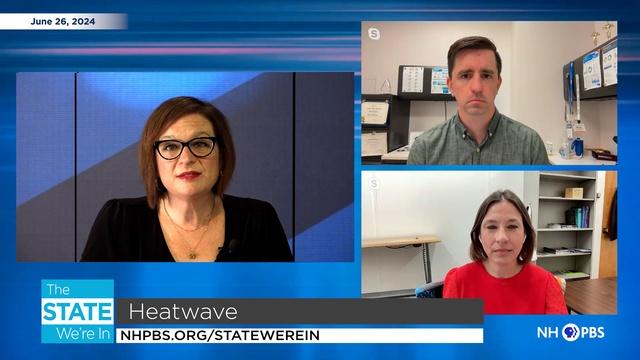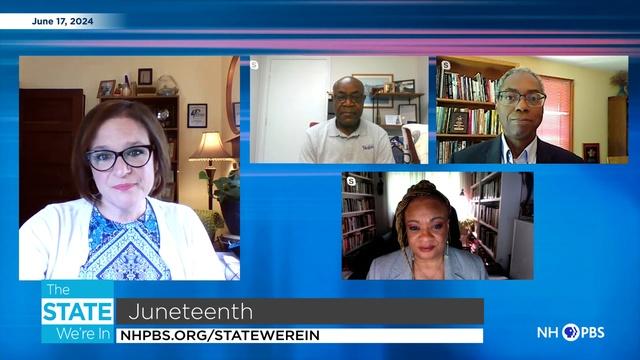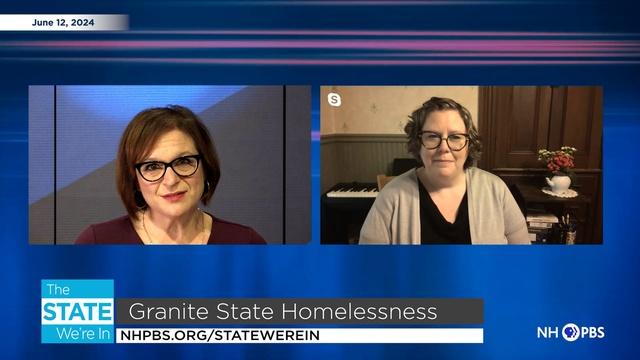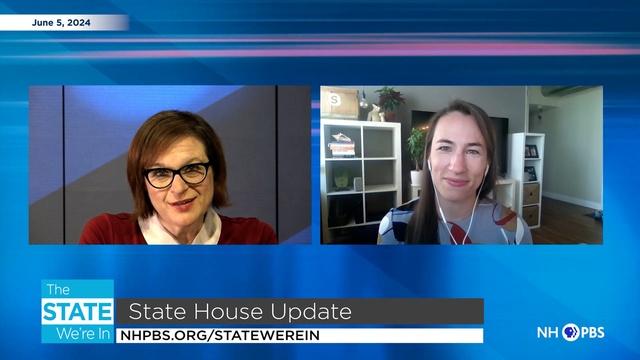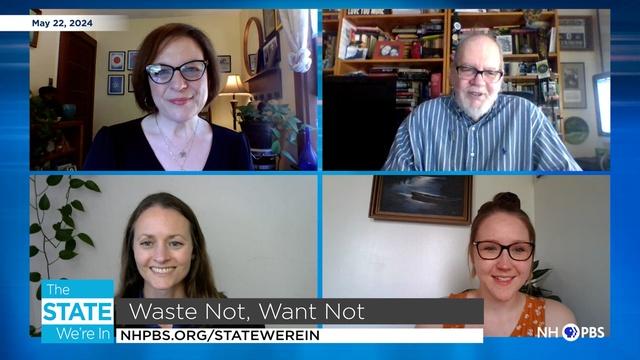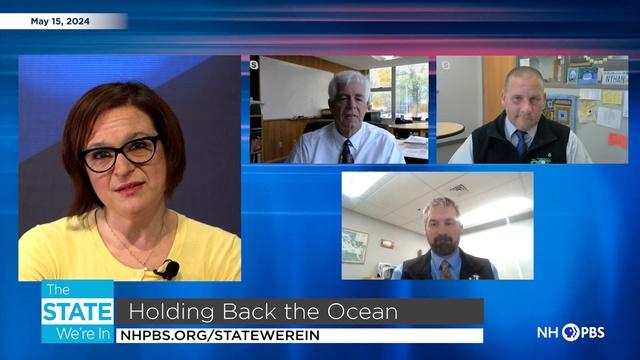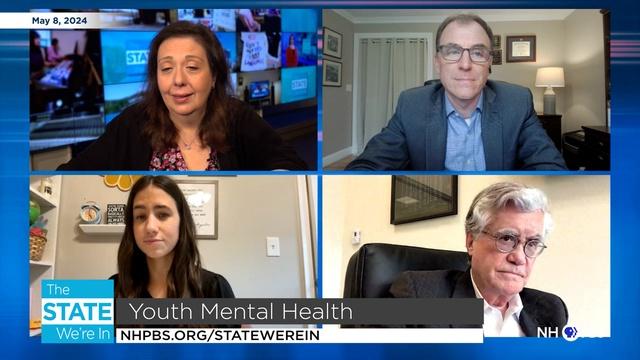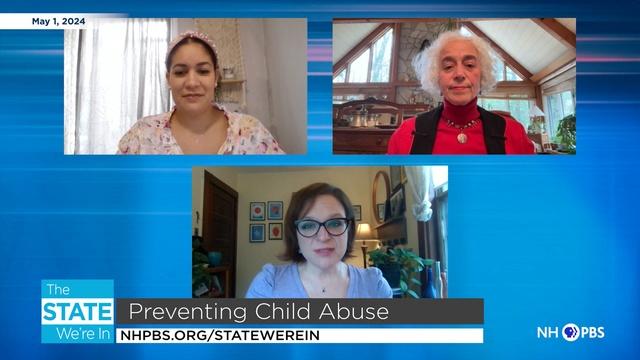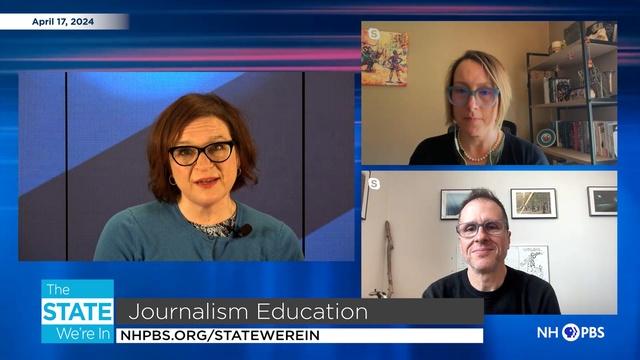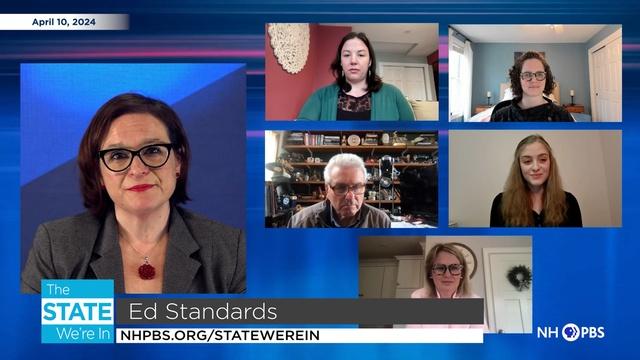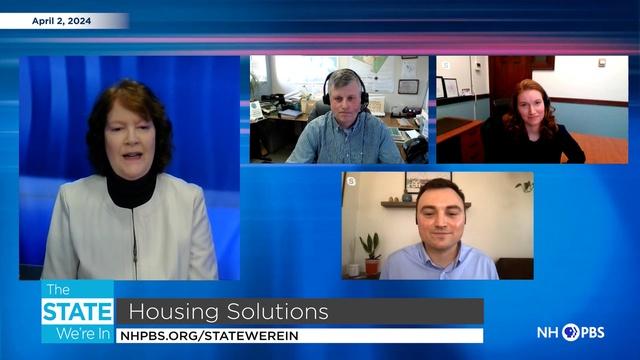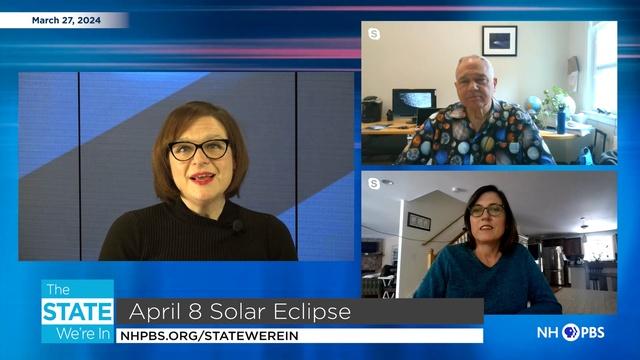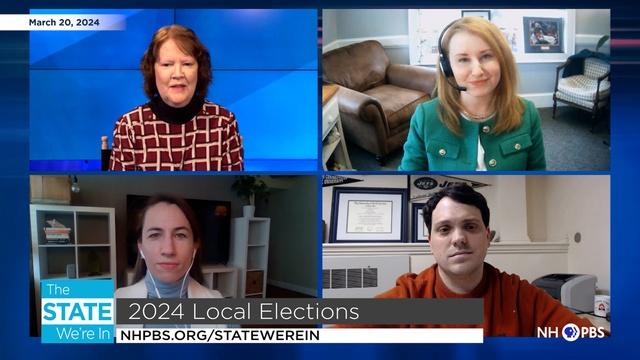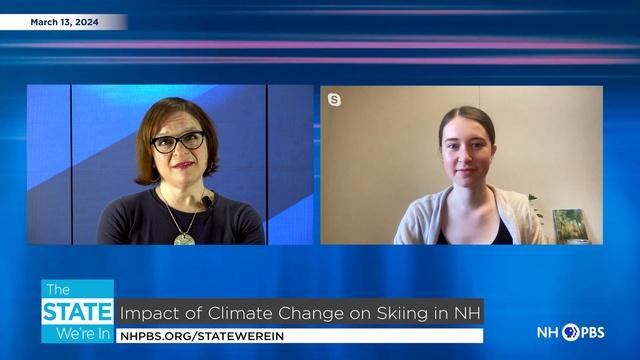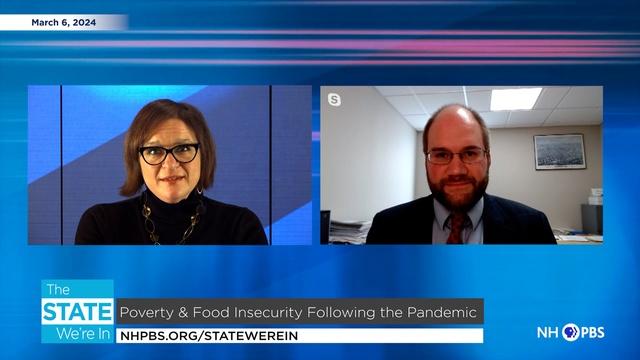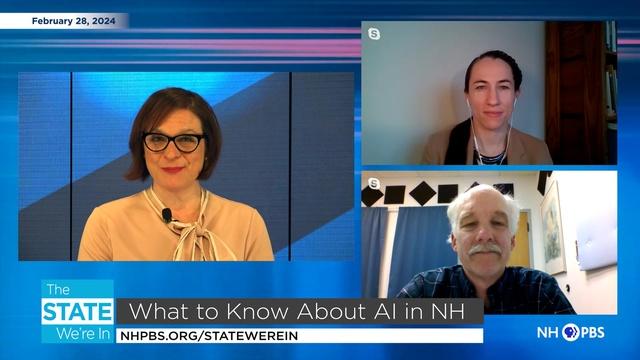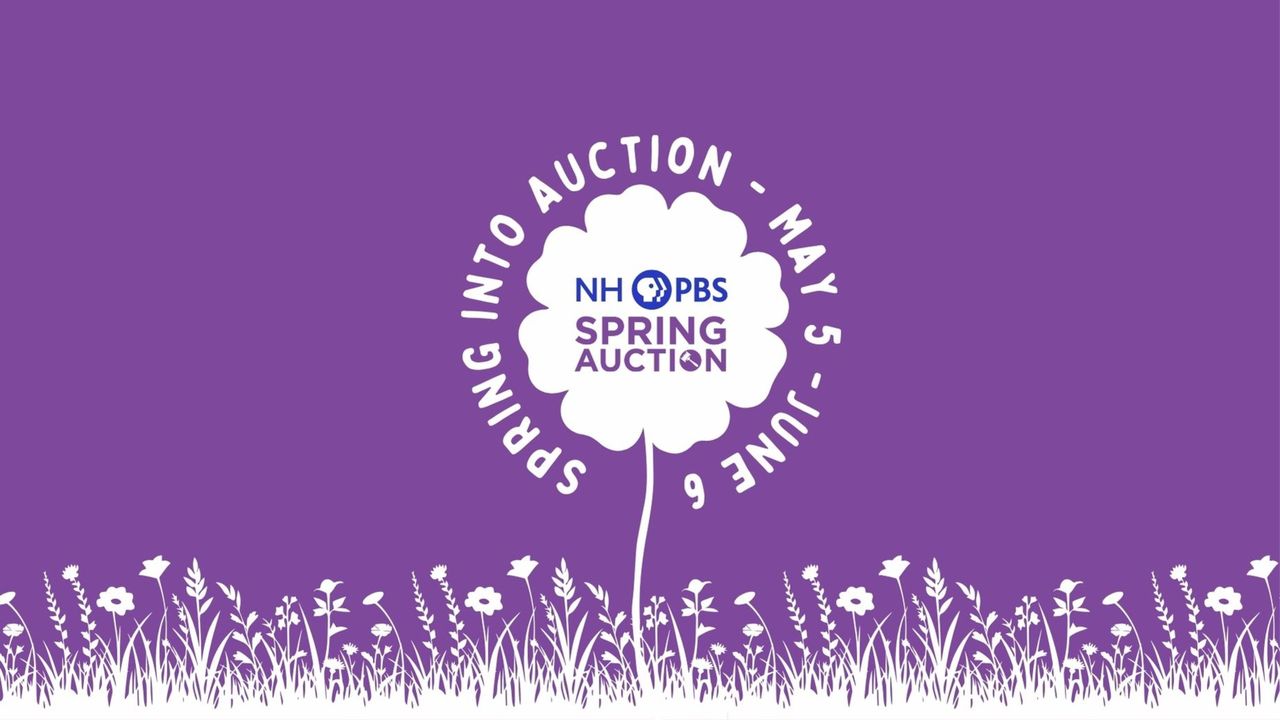Delta Variant Frequently Asked Questions
From: NHPBS and GSNC
By Dawn DeAngelis, Evan Edmonds, and Melanie Plenda
Variant Strikes Back - episode Q & A
This content has been edited for length and clarity.
COVID-19 cases are rising again in New Hampshire, and hospitals are seeing a surge of new COVID patients. With the new Delta variant’s increased rate of spread and about one third of Granite Staters unvaccinated, masks are starting to make a return as well. With all the latest COVID-19 news and information, it can be difficult to stay up to date. Dr. Jose Mercado, Infectious Disease Specialist at Dartmouth Hitchcock Medical Center, joins The State We’re In host Melanie Plenda to answer your frequently asked questions.
Melanie Plenda: Let’s begin with a question about science; it's constantly changing and that change is unsettling for so many people. What guidance do you have for skeptics of the rapid pace of COVID-19’s evolution?
Dr. Jose Mercado: I'm not surprised as to how COVID-19 has evolved and how we've seen different variants come out through the course of the pandemic. One thing to remember is Coronavirus is an RNA virus that doesn't have the proofreading skills to correct any sort of errors when it makes copies of itself. It's very prone to have these genetic mutations whenever the virus replicates and by natural selection, traits that are stronger makes the variant thrive. The thing to remember here is the more a virus spreads, the more opportunities it would have to replicate and later on, maybe adapt and evolve to something that is more problematic.
We need to continue to adapt to these changes that evolve as the virus evolves. I think when we typically talk about the changes it usually has to do with that spike protein that we've seen on pictures of the Coronavirus, it's that knob-like article that we see. What we know is that when there are amino acid changes - these are kind of like your building blocks for proteins - as the virus replicates, it changes the characteristic of the virus; things like the ability of a vaccine to neutralize the virus. We've also seen increased infectivity and transmissibility, and we need to be able to adapt to the predominantly circulating virus.
Melanie Plenda: The CDC has said the Delta variant is as contagious as chickenpox. What does that mean? And should the handling of chickenpox be considered a model for how we should react to the Delta variant?
Dr. Jose Mercado: I think this goes back to herd immunity and how we can achieve herd immunity. We know that there are two typical ways of achieving herd immunity: one is through natural infection, and the other is through vaccination. Vaccination remains to be the safest way to achieve herd immunity. What changes when a variant is more infectious is that you would then need to have a larger portion of the population to be vaccinated to have immunity, to be able to stop the spread of infection again. It's either you increase the number of individuals that will be vaccinated - which is what we really need in those low vaccination areas - or as we're starting to see now is that these areas that have low vaccination rates may have to comply with mitigation strategies, like mask mandates for a longer period of time to really stop the spread of infection.
Melanie Plenda: Masks are now being required for both vaccinated and unvaccinated individuals when indoors or where social distancing is not possible. What's the benefit of wearing a mask, even if you're vaccinated?
Dr. Jose Mercado: The new data does tell us that vaccinated individuals are protected, so it's highly unlikely that you would have a breakthrough infection. It was a bit concerning that the viral loads were similar to unvaccinated individuals, and it's this potential of spreading the virus to other susceptible individuals, so that makes it important to really continue to follow the mitigation strategies. The virus is spread through respiratory droplets; examples of which is that if you are breathing in air through a close contact from a person who is infected, if another individual was coughing or sneezing and you get splashes or sprays into your eyes, nose, or mouth, or if you have droplets in your hands that then is transferred to your eyes, nose, and mouth, that's why it's important to wear masks. I would say that this is particularly important if you have individuals in your household who are not vaccinated, who are immunocompromised, and who may be at risk for a severe disease. It is a personal choice when it comes to wearing the masks, so I think for individuals that may be at a higher risk and thinking of these severe infections and higher risk settings like indoor and in the public, I think it's reasonable to follow the CDC recommendation.
Melanie Plenda: Are there any comparable vaccines where maybe there's even more data that might show that long-term, the vaccine is okay to give to your kids?
Dr. Jose Mercado: The virus that we commonly compare to the Coronavirus is the flu virus in a sense that it's a respiratory virus and we usually try to match the predominantly circulating virus with vaccines. We do have vaccines that have shown we can be successful in protecting individuals from having complications in severe disease, from contracting the infection, and what we are really hoping for outside of stopping the spread of an infection and overcoming this pandemic, we really want to be able to continue to protect our children from complications against an infection for when you catch the virus.
Melanie Plenda: What would you say to someone who's still hesitant about getting a COVID vaccine?
Dr. Jose Mercado: We've had enough time now to really see how safe the vaccine is and although we've had some reports of things like myocarditis or thrombosis, what we know thus far is that the benefits of being vaccinated still outweigh the risks of getting an infection and potentially developing a severe disease that would lead to hospitalization, potentially developing chronic long-term symptoms. Outside of the individual, we should be thinking of it as a community as well; thinking about members of our family or close friends who may be susceptible to severe disease and achieving a larger population of individuals who are immunized through the vaccine will really help reduce hospitalizations and severe disease that may lead to death. We know that even with the evolution of the viruses that the vaccines continue to be effective against these new variants, that it is able to neutralize the new variant and one great thing about this messenger RNA technology is that we can change the spike protein that it does introduce to the immune system so that it matches the predominantly circulating virus.
Melanie Plenda: Are there any other variants you're keeping your eye on as this develops and emerges over time?
Dr. Jose Mercado: We've heard about Delta plus and we've heard about the Lambda variant. I think the things that we would continue to watch out for is increased infectivity and transmissibility compared to the effectiveness of the vaccines against these variants. That's why it's important even if you're vaccinated to report symptoms early to your healthcare professionals so that you can be considered to be tested so that we will better understand the epidemiology of the circulating virus.
These articles are being shared by partners in The Granite State News Collaborative. For more information visit collaborativenh.org.
Watch Online
Return to the
The State We're In
Main Page
Support for The State We're In is provided by New Hampshire Charitable Foundation
The State We're In is produced in partnership with the Granite State News Collaborative and the students and staff of the Marlin Fitzwater Center for Communication at Franklin Pierce Unversity in Rindge, NH.
